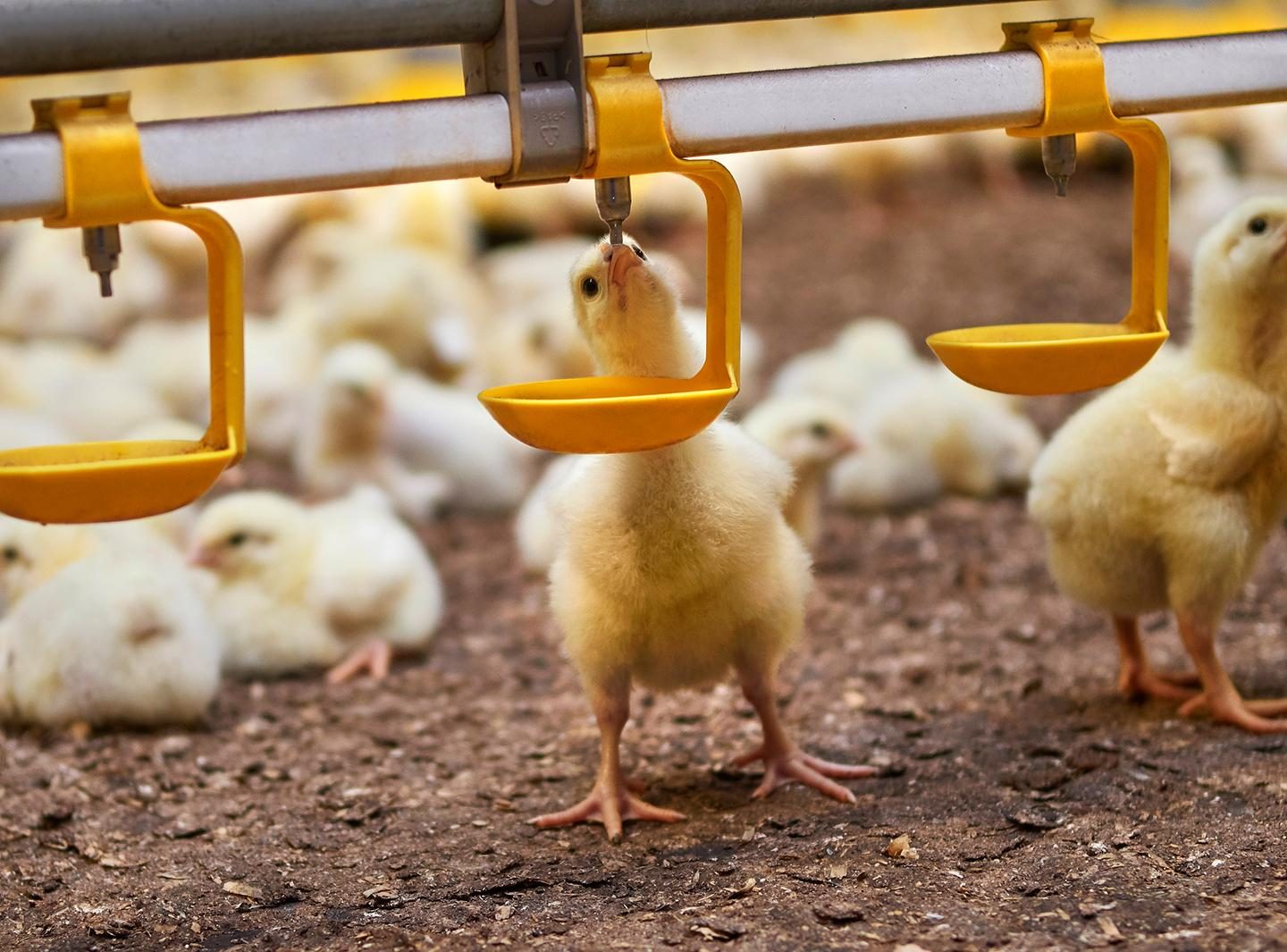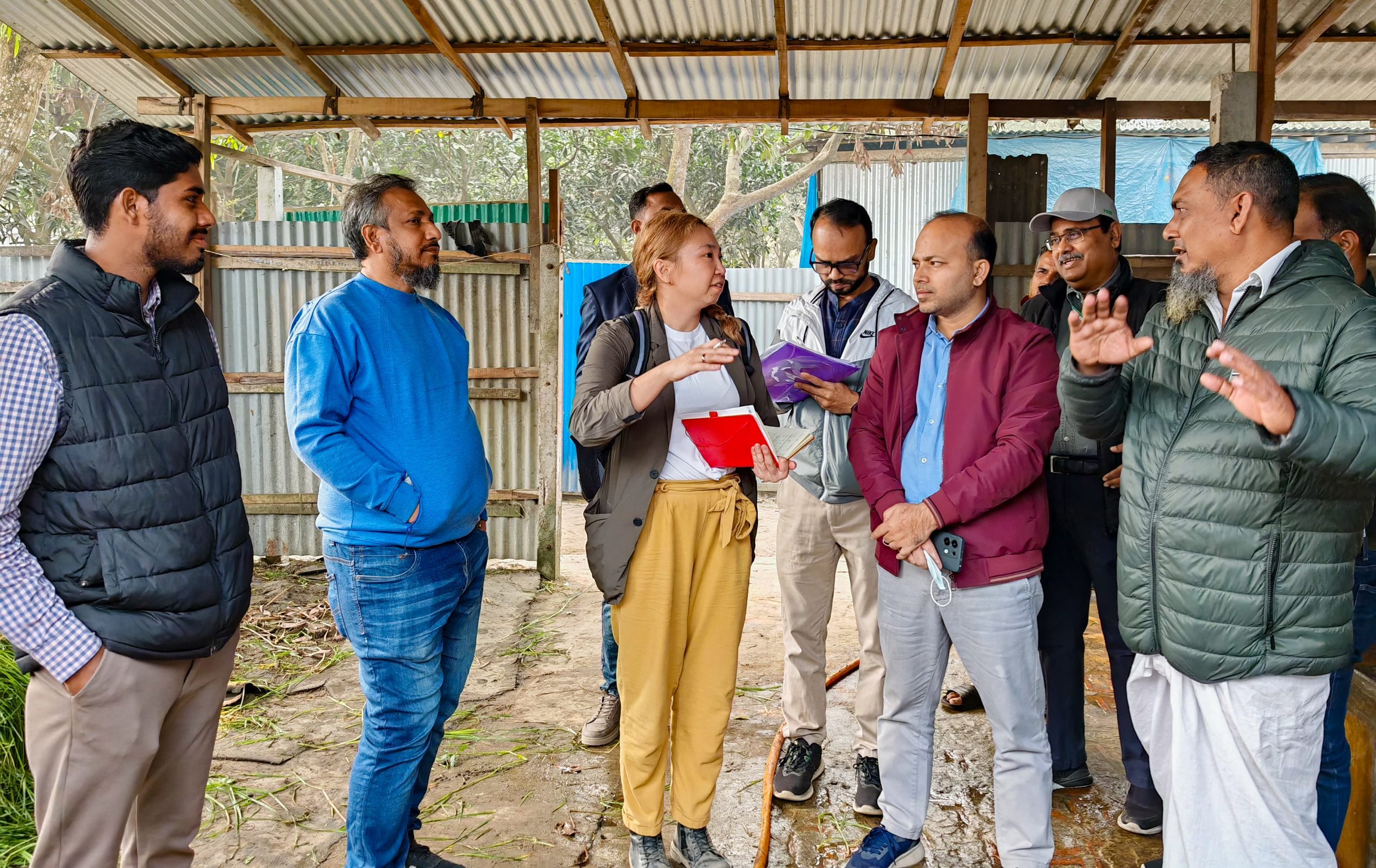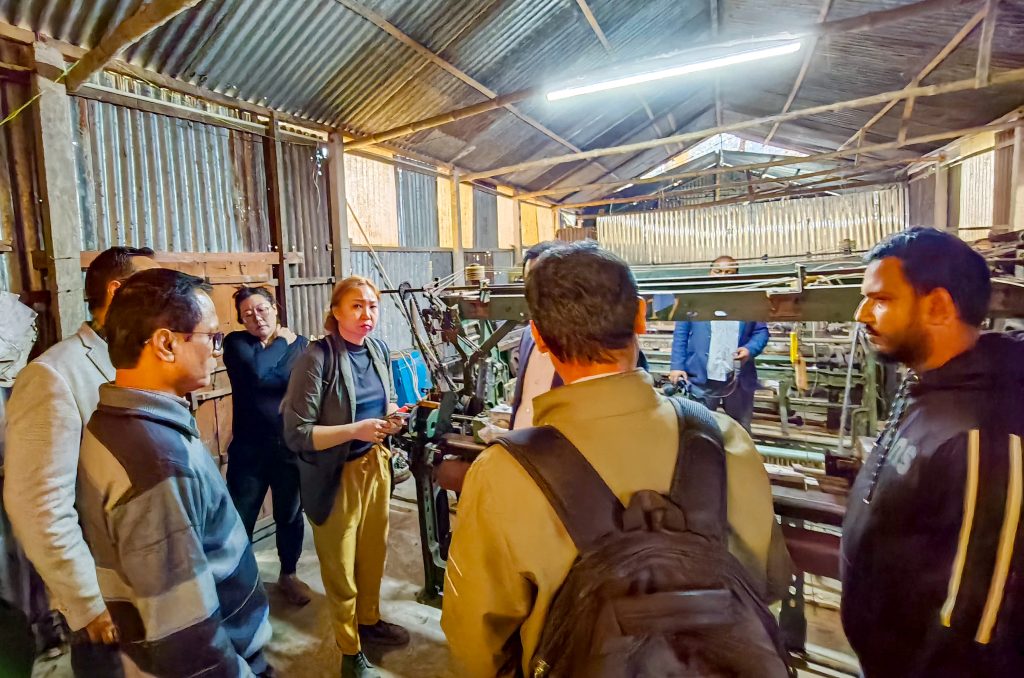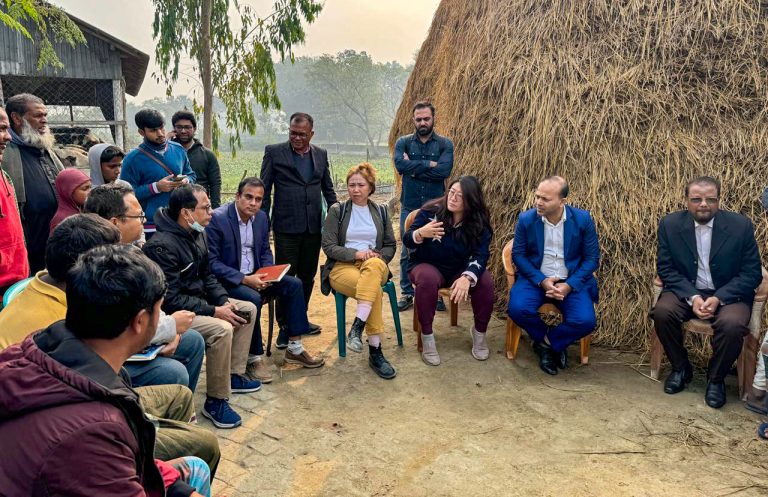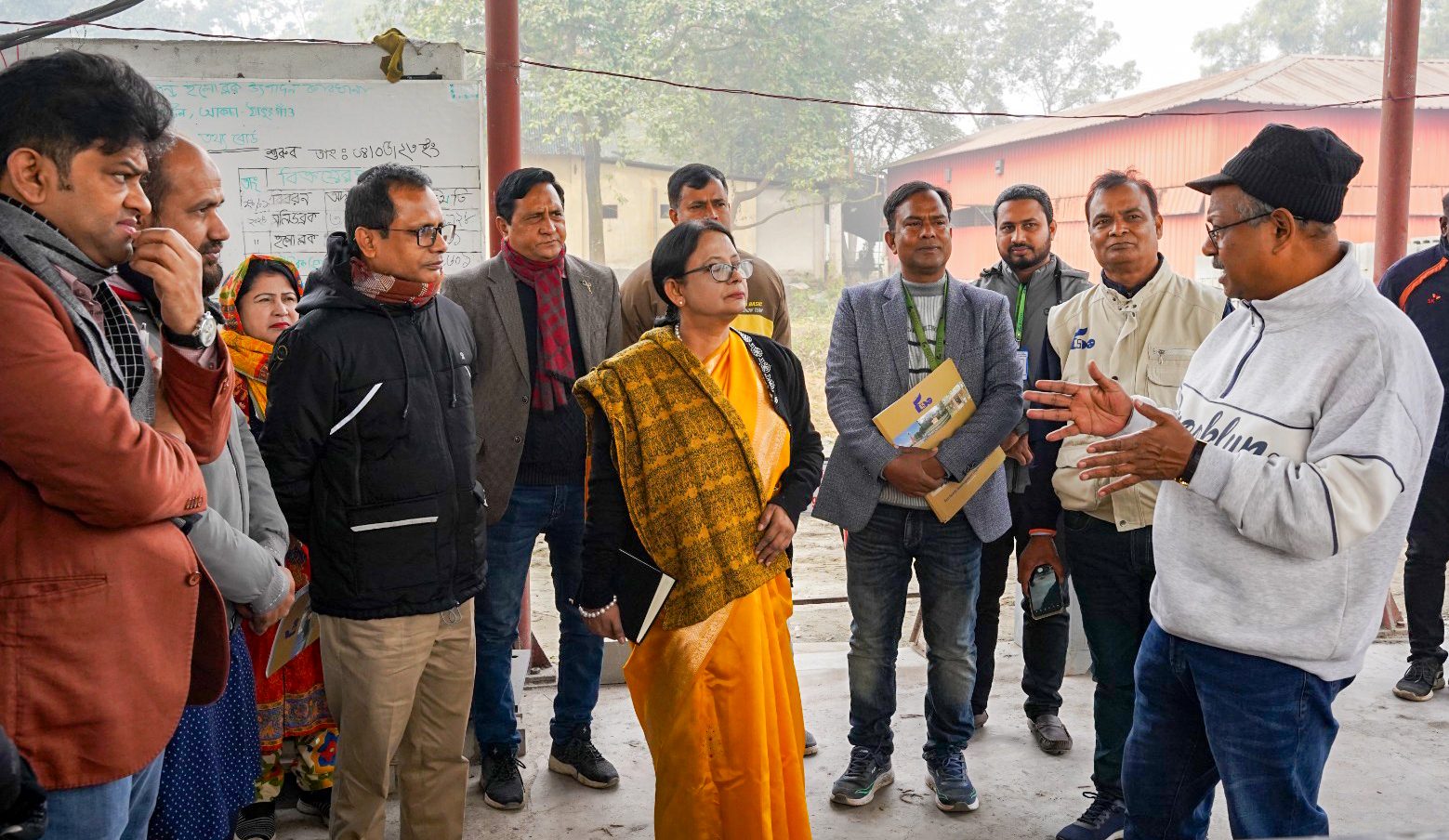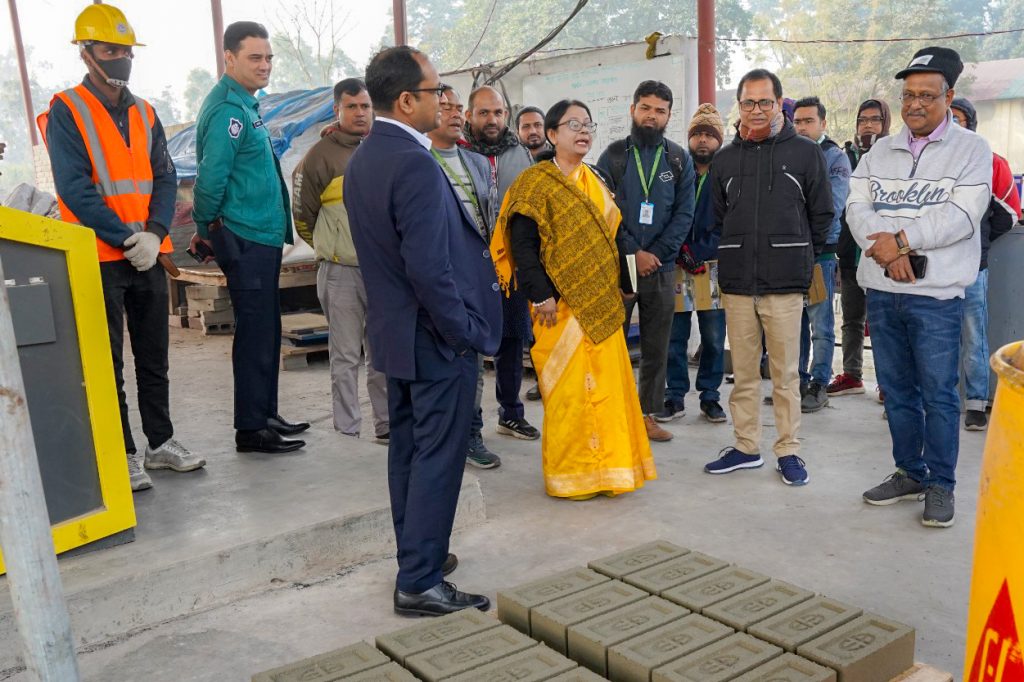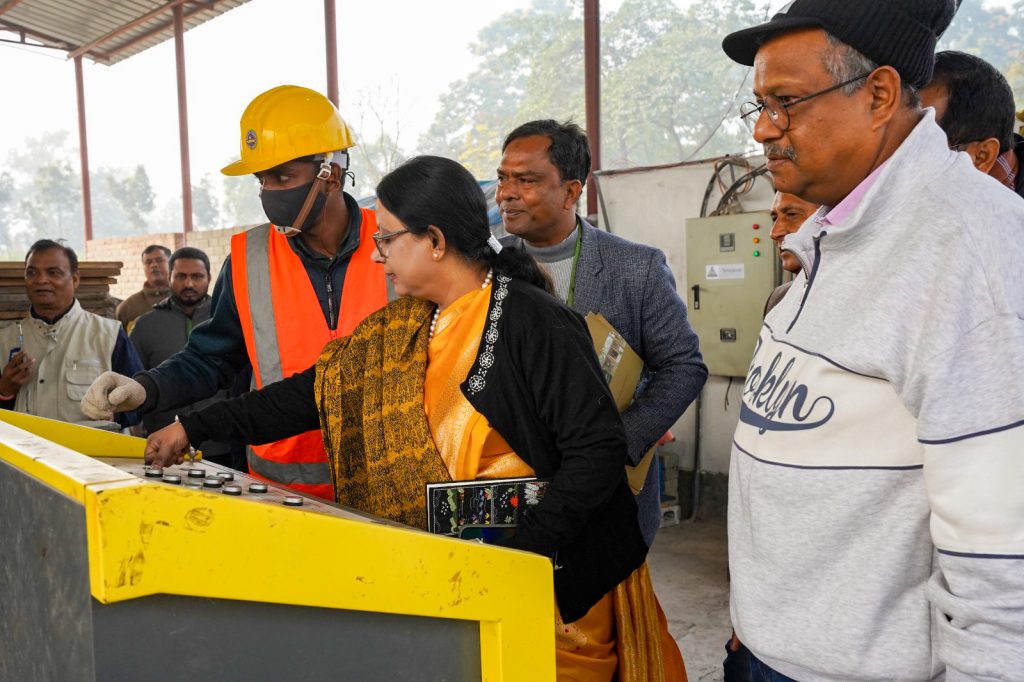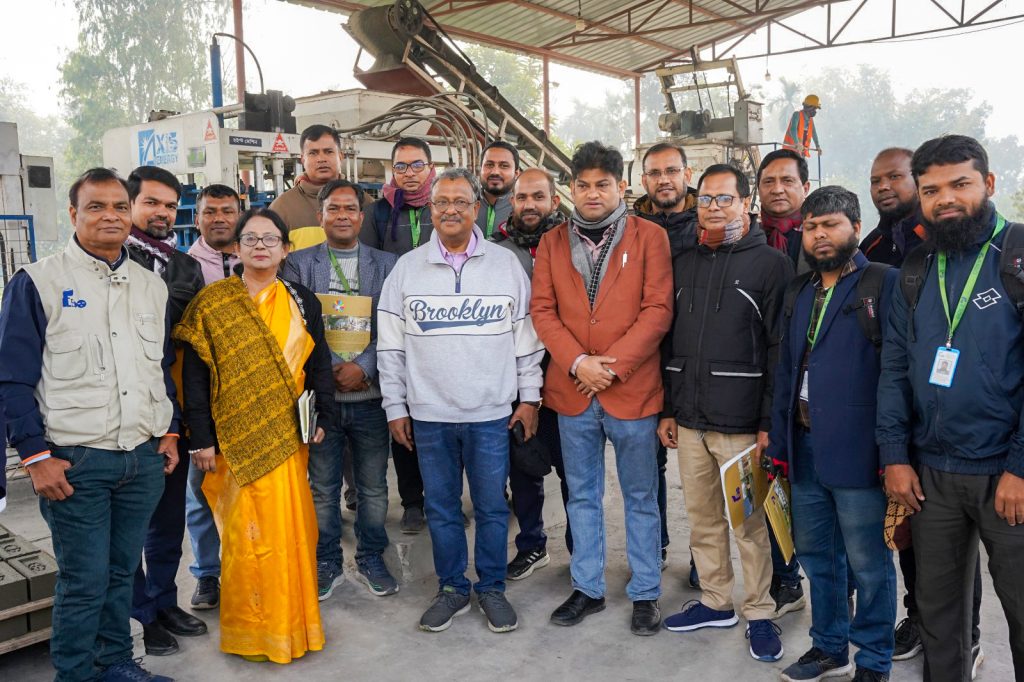Enhancing water use efficiency in poultry production
|| Md Jafar Eqbal, Senior Program Manager (Livestock), SMART project, PKSF||
In 2024, the global chicken population exceeded 34 billion, surpassing the human population of approximately 8 billion by over four times. Bangladesh ranks 13th among the world’s top poultry producers, with 312 million chickens, as per World Stat 2024. This immense poultry production places significant pressure on natural resources, such as water, energy, and materials, and brings forth environmental challenges like waste, wastewater, and air pollution.
The SMART project, implemented by PKSF, focuses on improving environmental sustainability within Bangladesh’s microenterprise sector, with poultry identified as a priority subsector. Among the six targeted environmental indicators under the SMART project, water use and wastewater management are key areas of intervention. Enhancing water use efficiency in poultry production is critical for the welfare and productivity of birds and ensuring the sustainability of poultry microenterprises.
Strategies to improve water efficiency
Optimized Cleaning Practices
- Scrape yards to remove dirt before washing.
- Use high-pressure washing systems to reduce water use.
- Separate wastewater collection, storage, and application systems.
- Introduce recycling systems to reuse water.
Efficient Drinking Water Management
- Conduct regular maintenance of water systems.
- Use appropriately dimensioned drinker installations.
- Install suitable nozzles and valves.
- Optimize feed formulation to reduce water intake and nutrient excretion.
- Incorporate nutritional technologies like amino acids and enzymes to improve animal performance.
Water quality and disease prevention
Ensuring clean drinking water is critical for poultry health. Contaminated water can transmit diseases such as Salmonella and E. coli, resulting in significant economic losses and potential public health concerns. Regular water quality checks and appropriate treatment are essential to prevent disease outbreaks and maintain flock health.
In poultry production, a single contaminated water source can affect thousands of birds, emphasizing the need for robust water management practices. Farmers can prevent diseases and reduce costs by ensuring water quality, ultimately increasing profitability and sustainability.
The role of SMART project
The SMART project continues to promote innovative practices such as automatic drinking systems and optimized cleaning techniques to enhance water use efficiency in the poultry sector. By integrating sustainable water management practices, the initiative contributes to the resilience and growth of Bangladesh’s poultry microenterprises, ensuring environmental and economic benefits.
Through innovative practices and proper water management, poultry farmers can significantly improve resource efficiency and reduce environmental impacts while ensuring sustainable and profitable operations.



